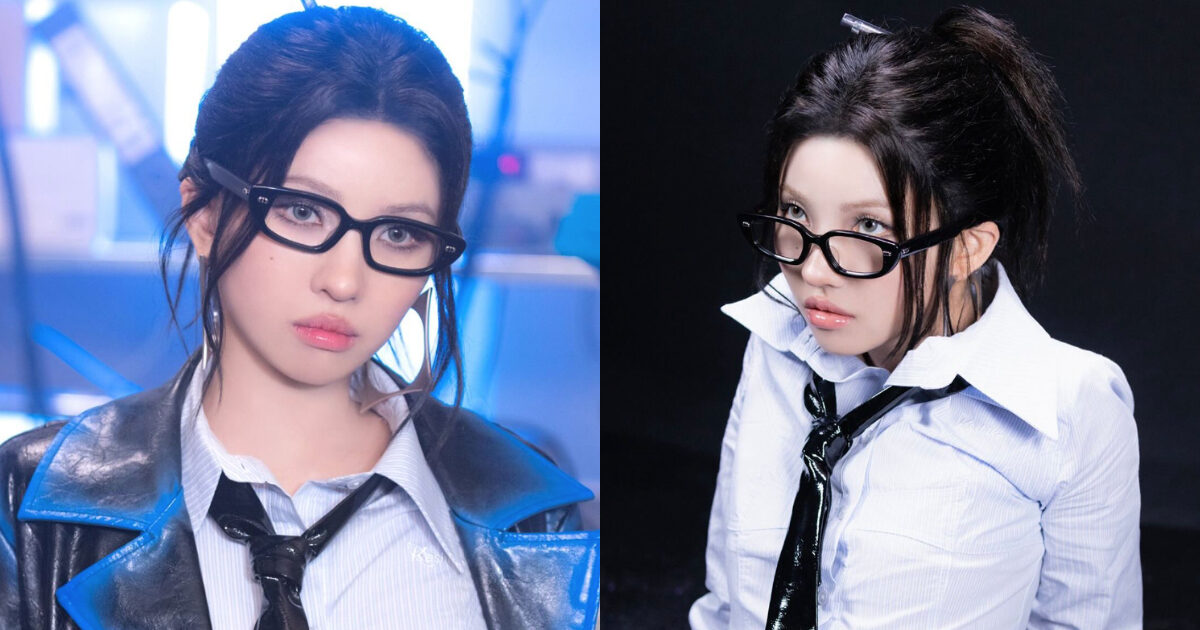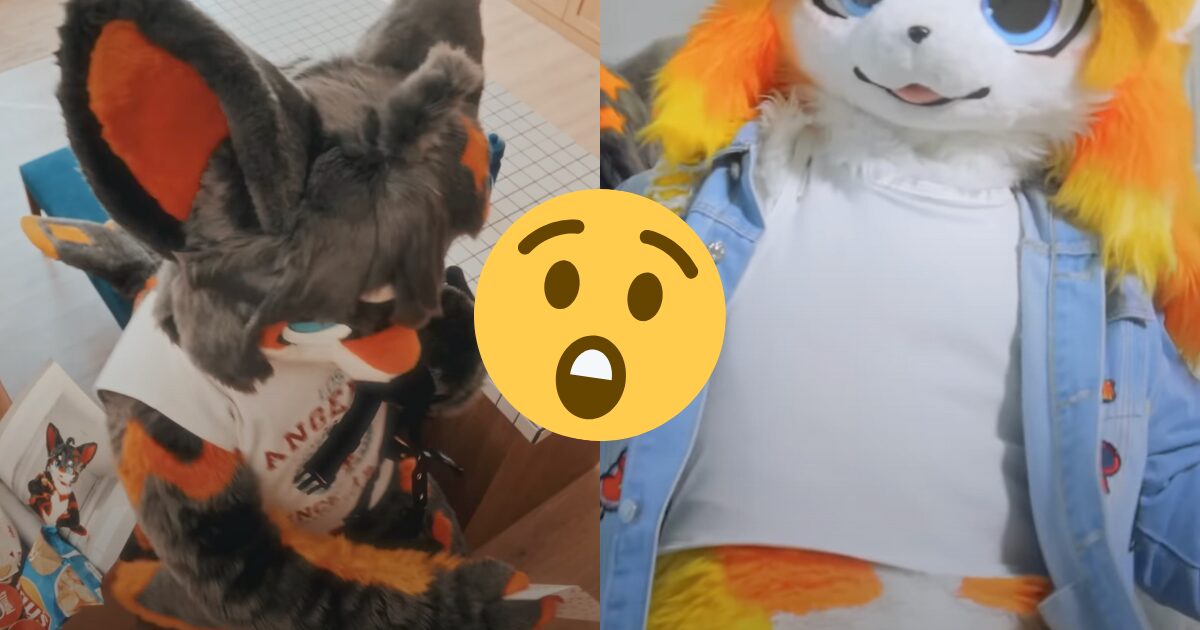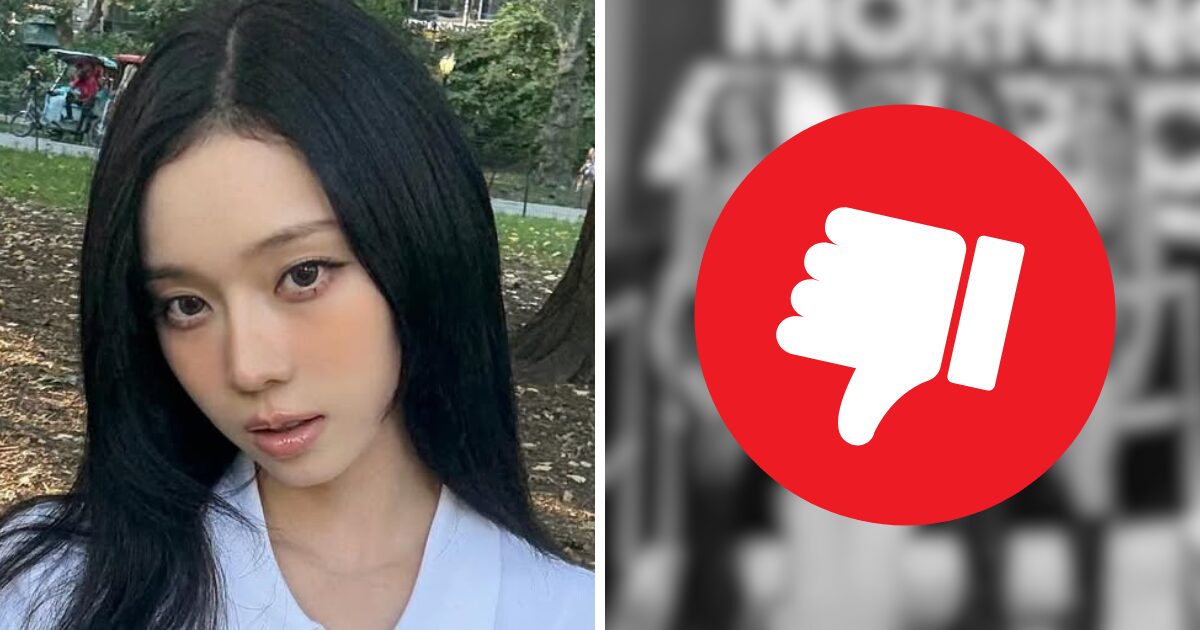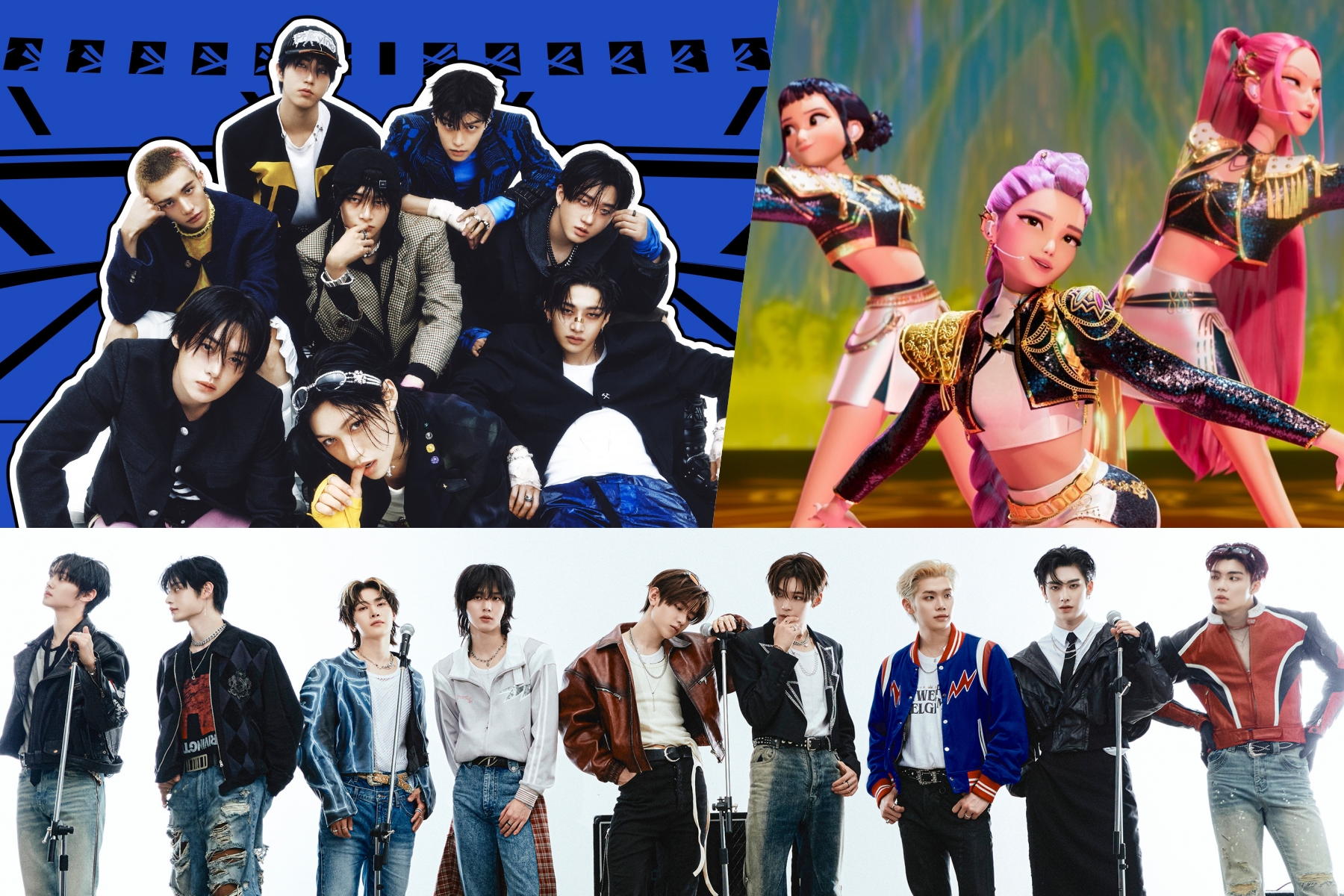A South Korean court has ruled that a social media user must pay $360 in damages for posting derogatory comments about members of the virtual K-pop group Plave, marking one of the first legal cases to establish defamation protections for virtual entertainers.
The Goyang branch of the Uijeongbu District Court ordered the defendant to pay $72 to each of the five performers behind Plave's digital avatars following a civil lawsuit filed by the group's agency, Vlast. The ruling represents a significant legal precedent for virtual entertainment in South Korea's expanding digital landscape.
Plave, which debuted in March 2023, consists of five virtual members, Yejun, Noah, Bamby, Eunho, and Hamin, who are brought to life through motion capture technology performed by real but anonymous individuals. The group has achieved remarkable success, amassing over one million YouTube subscribers and becoming the first virtual idol group to win on major Korean music shows with their track "Way 4 Luv."
The controversy began in July 2024 when the defendant posted a series of insulting comments on social media targeting the virtual group. The posts included profanity and claims that the performers behind the avatars "could be ugly in real life" and gave off a "typical Korean man vibe." The performers said these remarks caused them emotional distress and filed suit through their agency.
The defendant argued that since Plave consists of fictional characters with undisclosed personal identities, no defamation could be established. However, the court rejected this defense, ruling that avatars serve as more than digital images in the modern metaverse era.
The performers had originally sought $4,650 each through Vlast, totaling $23,250 in damages. The court awarded significantly less, limiting compensation to $72 per member after considering the language used and the circumstances surrounding the incident.
Vlast has appealed the ruling, not disputing the court's recognition of defamation but arguing for higher damages. The agency contends this case establishes crucial precedent for protecting artists who perform behind virtual personas.
Legal experts describe the decision as groundbreaking for recognizing that attacks on avatars can harm the reputations of the people behind them. The ruling addresses growing concerns about digital identity rights as virtual entertainers gain mainstream acceptance in South Korea's entertainment industry.
The case highlights evolving questions about identity, personhood, and harm in virtual spaces as technology blurs lines between digital and physical performance. For supporters of virtual idols, the ruling validates arguments that these avatars can reduce pressure on human performers while maintaining authentic fan connections through the real people behind the technology.
 3 weeks ago
32
3 weeks ago
32



![[UPDATE] November 2025 K-Pop Comeback/Debut Schedule](https://www.kpopmap.com/wp-content/uploads/2025/10/xlov_official-photo_uxlxve.webp)














 English (US) ·
English (US) ·